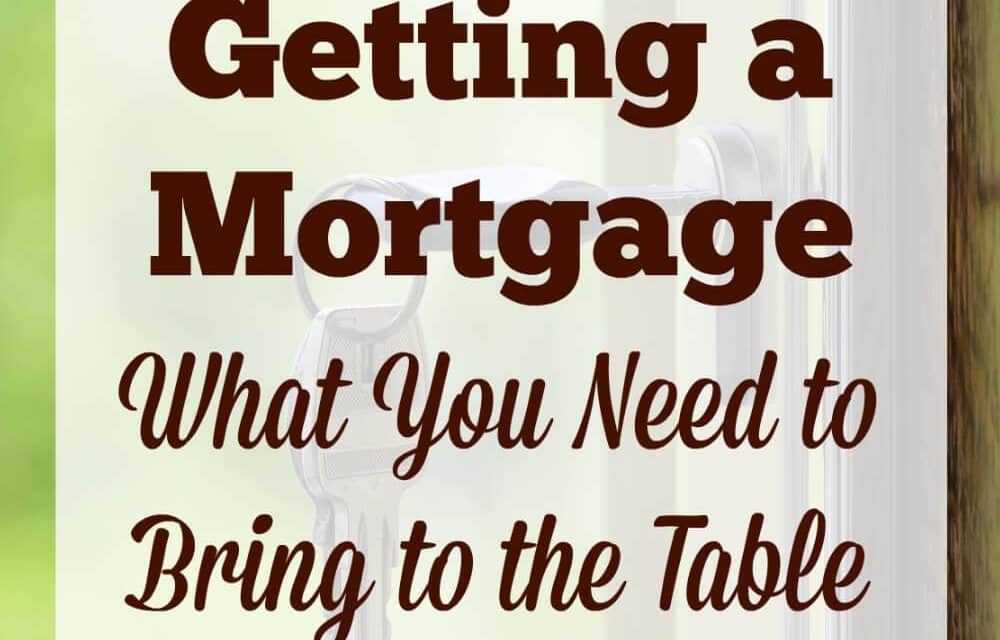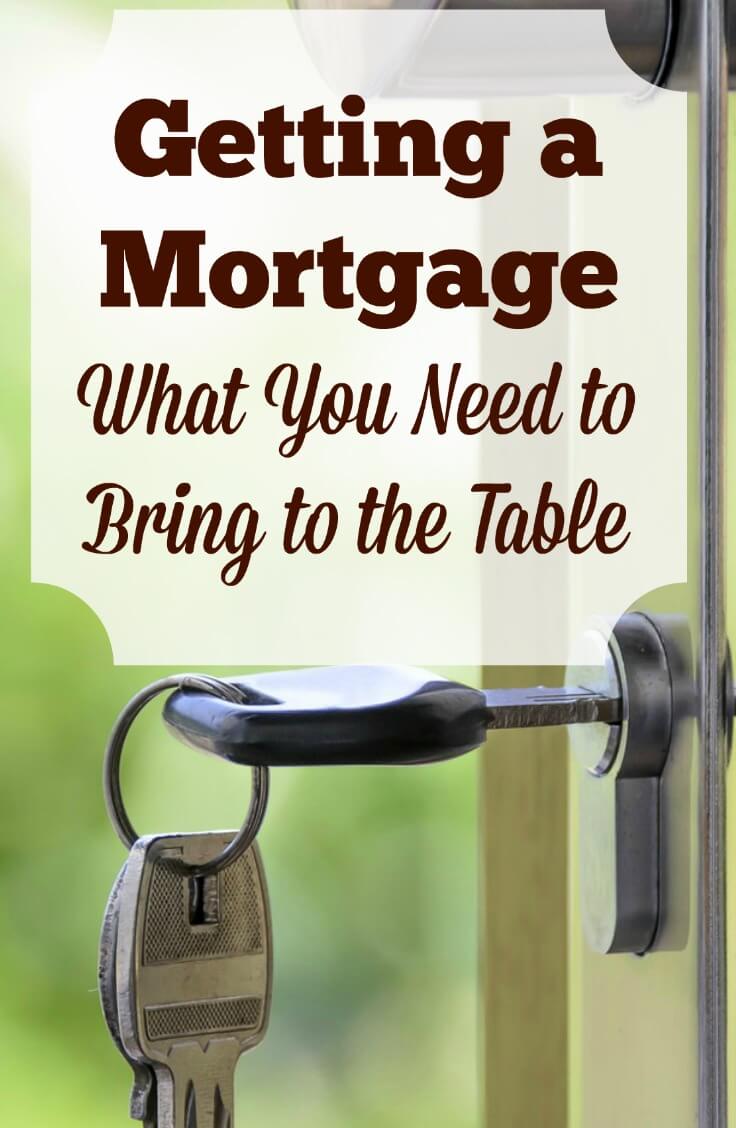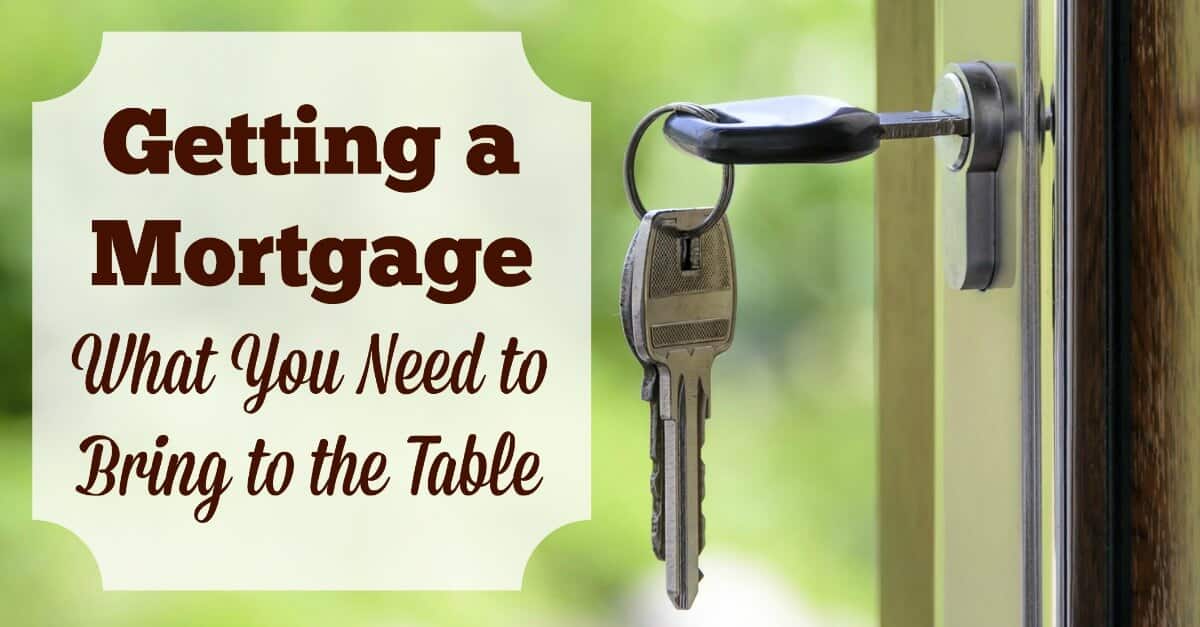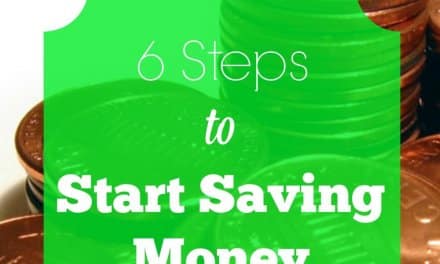This article was originally posted on The Simple Dollar.
Okay, so we’ve gotten banker lingo down, and we’ve talked about interest rates. Now it’s time to talk about what you need for a mortgage. In other words, what do you need to bring to the table in this deal. There are 2 big factors that are going to affect your payment; your down payment and your credit history.
You don’t need 20 percent down, but it helps.
Having a 20 percent down payment is a good thing: It ensures you’ll avoid monthly private mortgage insurance (PMI) payments (no one wants to throw money away). It may also help you get better rates or terms. But what if you just can’t get there?
Socking away $30,000 isn’t an easy task, especially for first-time buyers who don’t have something large like, say, a house to sell to boost their savings. But that doesn’t mean you have to give up on buying a home.
There are so many rumors and false information floating around about lending. It is unbelievable. Having to have a 20 percent down payment is definitely false. Most people that I see are putting 10 percent down, but FHA loans go as low as 3.5 percent down and you can find conventional loans for 5 percent.
Nick Schlekeway
Designated Broker, Amherst Madison Legacy Real Estate
Still, if you’re right on the cusp of 20 percent, waiting until you hit that marker is likely the better financial decision. When you start off with a higher down payment, you’ll already have some equity built up, and that is a good thing. “Your down payment and your equity in your house is your safety net if the market shifts,” Schlekeway says. Having equity will keep you from being underwater on your mortgage and give you the option to sell (and make some money) if you need to.
Past credit problems won’t keep you from buying.
During the housing market crash, lenders got spooked: They tightened requirements and it was difficult to get a loan if you had blemished credit. But every expert I spoke with agrees that this isn’t the case anymore.
Lenders are willing to lend again, and to give more people a chance. Things like the Dodd Frank Act — an act that standardized the mortgage-application process, giving lenders clear steps to follow for most loans — have helped ease the way too, and people with a few credit faux pas shouldn’t be afraid of at least applying for pre-approval.
“We get home buyers that ask if they should even bother thinking about a loan if they have bad credit. It’s just the wrong thinking,” Jarvis says. “They view lenders as this scary thing or process, but a good home lender will walk a client through the process of getting the money to buy.”
You may not be instantly approved, but the right lender will take the time to work with you, offer suggestions for improving your chance for approval, or even hook you up with their credit repair specialists if you need it.
Ready for that mortgage?
Before you apply, save yourself a lot of stress (and possible heartache once you’ve found your dream home) and take these pre-application steps:
- Get your down payment together. You’ll need funds for the down payment, closing costs, moving expenses, and pretty much everything else. Start saving at least six months — but ideally a year or more — in advance so you have the largest down payment possible before you apply.
- Pull your credit reports. You get free reports once a year through AnnualCreditReport.com. Dispute any errors you find; pay any outstanding bills; and then don’t take on any more credit. Just work on paying on time and getting those scores as good as they can be.
- Practice making payments. If you practice making payments ahead of time (put the extra in your savings each month), you won’t go through new homeowner shock later.
- Get pre-approved. Once your financial ducks are in a row, apply for pre-approval before you start shopping for a home. A pre-approval letter shows sellers they should take you seriously.
- Get a real estate agent. You really can’t go at this alone. A qualified real estate agent is your best advocate in the home-buying process.
The Simple Dollar is a place where anyone can come to acquire financial information on finding the best products and services, saving money, making smart investments, and controlling personal finances. Think of the The Simple Dollar as a personal finance platform you can use to make better financial decisions and grow your bank account.







